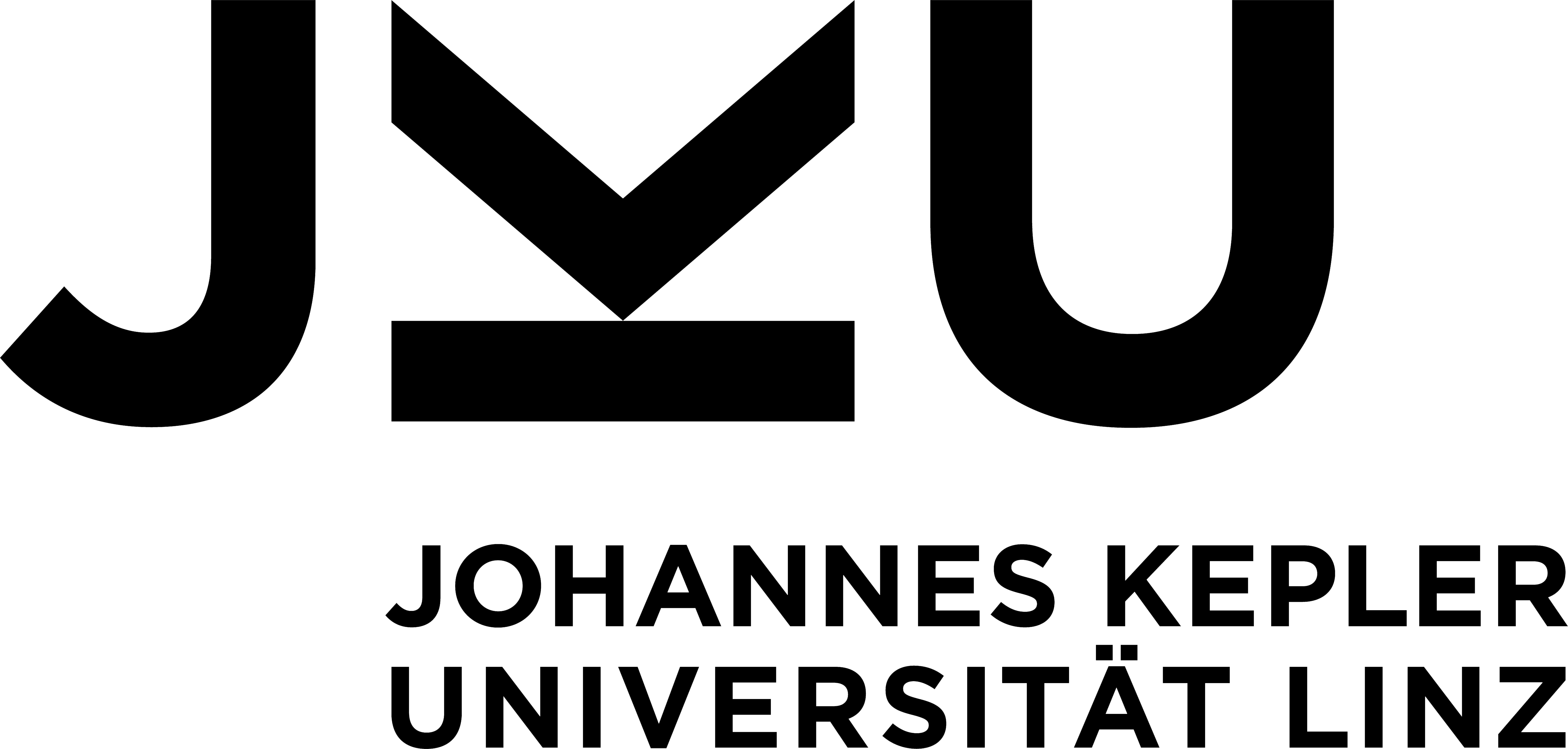PhD Reviewer Selection and Defense Senate
(Version September 21, 2021)
Additional rules for PhD candidates in Computer Science or Artificial Intelligence extending the rules for TNF PhD studies
Thesis Reviewers
The supervisors assigned at the dissertation agreement have to provide a common statement about the results of the dissertation. In addition to that, a review has to be obtained from an internationally recognized expert without any conflict of interest to the doctoral candidate. In academic reviewing processes, conflicts of interests are commonly defined as family ties, previously existing supervisory relationships, or joint affiliations, publications, proposals, projects, etc. within the last five years.
Defense Senate
The examination committee (senate) for the Defense usually consists of 4 persons from different institutes:
- the chair of PhD affairs
- the main supervisor
- the external reviewer
- one additional examiner (usually a professor of the department, but not one of the supervisors)
If the additional examiner is not from JKU he or she must be confirmed via this form. The examiners do not have to be physically present, i.e., they can also participate through teleconferencing tools such as Zoom.
Proposal
A proposal for reviewer selection and for the constitution of the Defense Senate is circulated by the chair of PhD affairs before it is finalized. This allows the whole faculty to comment on the proposal and to suggest potential alternatives. The candidate has to send an unformatted version of the proposal (in ASCII format) to the chair of PhD affairs, together with the abstract and the title of the dissertation, as well as a list of the candidate's publications. Upon circulation of the proposal to faculty members, the deadline for suggesting alternatives is set to one week (or two weeks during the semester break).
